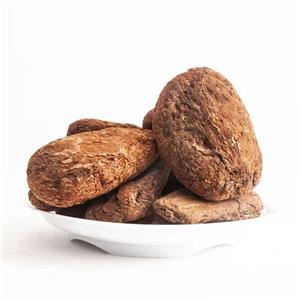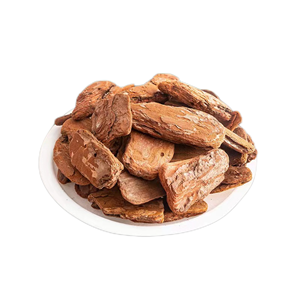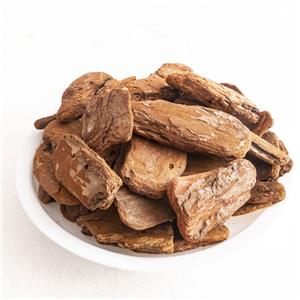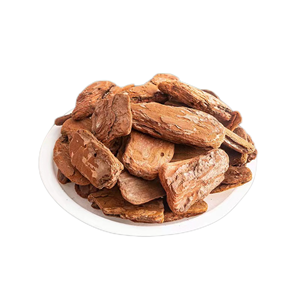Uses and Functions of Garden Mulch
Garden cover refers to the general term for a class of substances used for soil surface protection and ground cover improvement. It is mainly divided into two types: inorganic mulch and organic mulch.
Inorganic mulch is not easy to rot and has low maintenance cost, but it will make the soil aeration worse and affect the growth of plants. Stone, gravel, pebbles, calcined ceramsite, and volcanic rock are the most commonly used types of inorganic mulch.
Organic mulches primarily utilize plant material such as shredded twigs, bark, pine needles, grass clippings, wood chips, nut shells, etc., which can be crushed to cover the surface of flower beds, pots, trees and shrubs, and flower borders.
There are many benefits to using garden mulch, including:
1. Retain the moisture in the soil and directly reduce the evaporation of water.
2. Inhibit the growth of weeds. When the mulch itself does not contain grass seeds and the thickness of the laying reaches more than 7 cm, it can effectively inhibit the germination of weed seeds and eliminate existing small weeds.
3. Mulch keeps the soil at a more balanced soil temperature. Mulch conducts heat slowly, so the soil can stay relatively cool in bright sunlight and warm in freezing weather conditions.
4. The mulch can prevent the compaction of the soil surface, improve the absorption and penetration of water in the soil, and reduce the loss of water and soil.
5. Organic materials used as mulch can improve soil structure and farming performance. After the organic mulch rots, it can also be used as fertilizer to supplement soil nutrients.




